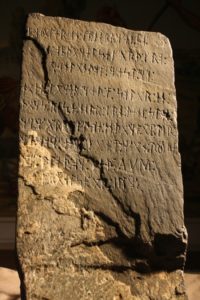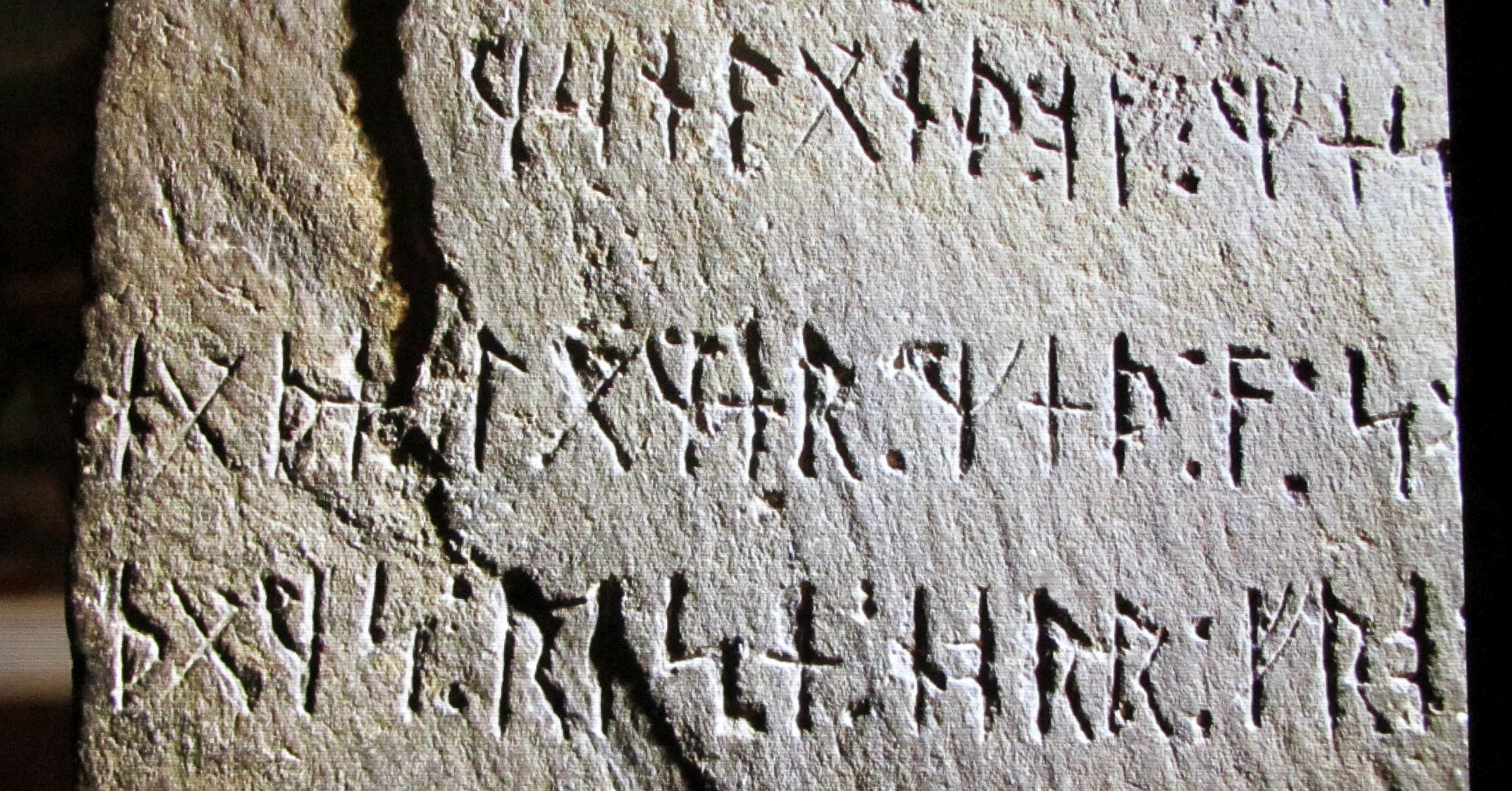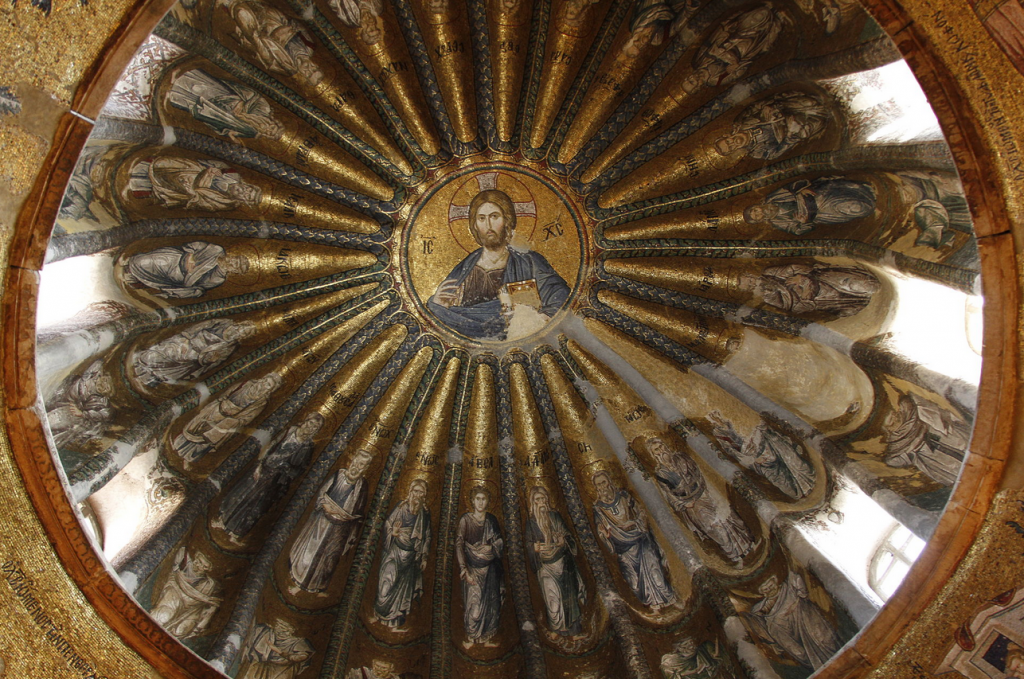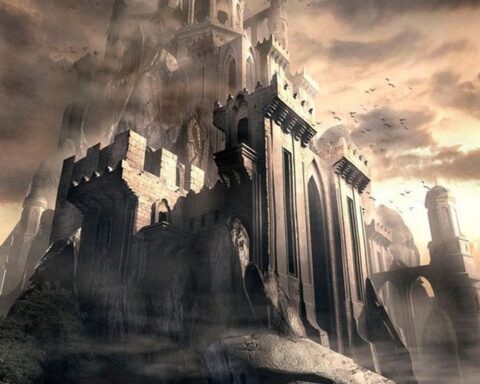Overlooking the valley where Bramlet once stood, Grumadir sat stunned atop his panting horse. Nothing he had heard about the other unfortunate towns did the scene justice. A landscape of ash and broken rock lay before him. The clear smoke that rose from its heat pained his eyes and lungs, limiting him to short, quick breaths. The devastated sphere was a full mile in diameter yet surrounded by undisturbed meadows: an ebony moon in a green sky. Bramlet looked as if some ladle-wielding god scooped the valley up like so much cold gravy and threw it down again in disgust.
Grumadir turned his horse and cantered back to the city in silence, back to his books, back to his runestone. He had visited Bramlet only a month ago, adding the stone to his growing collection of historical documents. But the friendly farmhouse where he purchased it lay somewhere within that great black circle behind him…
* * *

“Any warlock would offer twice that for an artifact so matchless, if only he understood its true worth. I can accept forty drachma, though it wounds me to my heart to part with it for so little,” the farmer had said, lovingly running his hand over the runestone.
“I’m not a warlock,” Grumadir replied. “I teach ancient languages. And if I read this stone correctly, it’s an interesting historical tale and no more. I believe twenty drachma for your granary step is more than sufficient to keep you warm and happy for years.”
The farmer cocked his head as if thinking of a tale more impressive than the mundane truth Grumadir already knew: that the stone was found wrapped in the roots of a particularly stubborn stump he was clearing to expand his pasture.
“My learned friend,” the farmer began. “These writings are a spell: a secret magic spell that will bring you power and an honored position among the Red Brethren. Thirty drachma.”
Grumadir was tired of bargaining. “Done,” he said.
The farmer and his son loaded the runestone onto the back of Grumadir’s cart and the former extended a hand for payment. Enough coin fell into it to replace the step a hundred times over. The farmer had bargained hard and the reward was lavish for what the stone was to him – a flat rock with fancy writing – his allegations of chest pain notwithstanding. Though Grumadir’s interest in the stone was historical rather than magical, he was no less pleased with their compromise. He didn’t know what the stone was worth but would have gladly paid ten times the agreed price for the chance to find out.
His driver flicked a pair of horses and the two-wheeled cart rumbled back through the small town of Bramlet. Squatting in the back of it, Grumadir studied the deeply carved runes that graced the face of the stone. They were ancient, though in one of the many languages he understood. The words narrated a sad if predictable saga: daring colonists beset by natives, making a heroic last stand against insurmountable odds. But the letters and numbers were strangely shaped and riddled with umlauts and similar marks, set as if to detract from the story rather than to illuminate it. He wondered with a smile how those intrepid explorers managed to carve out such a chronicle in the midst of hopeless battle.
Setting the death and glory charges aside for a moment, Grumadir pondered the village passing away behind the hill. All of the residents of Bramlet had seemed just like the farmer – practical, content, and mostly honest – and Grumadir thought that he might like to return for good one day. Yes, he thought, a man can breathe here.
But the distraction proved a brief one. The mystery of the runestone both demanded and held his attention for the few hours it took to get back to the city gates.
(Continued in Part II)










5
Good start. I’m curious to see where this one goes.
Thanks. Spoiler alert: Fossick is coming back.